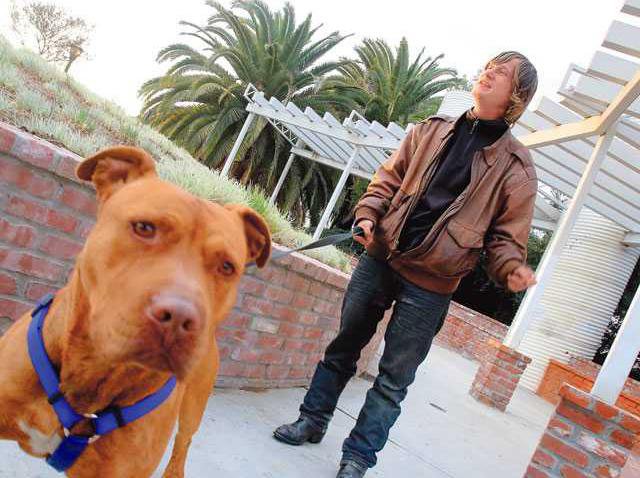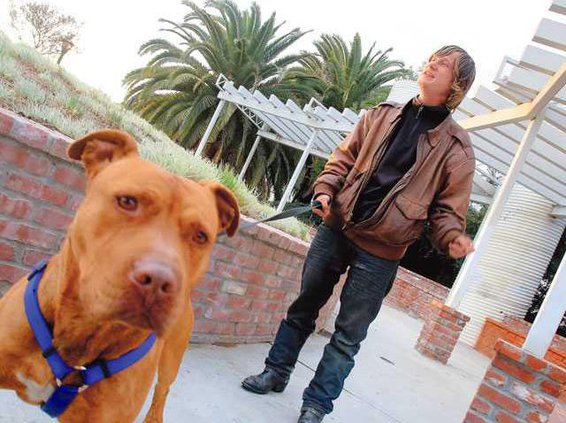It was obvious that it had been days since she had last seen a shower or any prolonged time at a sink.
She wore the lines of a hard life on her face – exacerbated by the dirt.
And yet here she was, standing in Library Park on Christmas Eve, digging into a complimentary meal and singing the praises of a Manteca Police officer who had stopped in to make sure that the homeless had everything they needed to make it through the cold night.
“Yeah he’s busted me before,” she said of Mike Kelley in between bites. “But he’s cool. He’s fair, and he’s good to us.”
It was a ringing endorsement by the last person you’d expect to give a ringing endorsement to any kind of a law enforcement officer.
But Kelley isn’t your standard officer. As the Manteca Police Department’s booking officer, he’s often the last smiling face that people see right before they enter the unfriendly confines of the San Joaquin County Jail. And he’s the last person that they spend any amount of time with before stepping off into the maze of the criminal justice system.
It’s about 20 minutes between city hall and the county jail. That’s 20 minutes that Kelley has with each of the wards riding in the back of the car. Sometimes they’re talkative and willing to listen to what sort of advice the officer has. Other times they’re stoic as they go through the same familiar motions.
By the time they reach Kelley their fate is already sealed. He can’t spring anybody. He can’t let anybody off with a warning. If you see him there’s a pretty good chance that you’re going to jail. You might as well settle in for the ride.
Like anybody in law enforcement, Kelley has seen it all. He’s seen people that were drug addled and hampered with legal problems turn it all around and become that productive member of society that their recovery literature talks about. And he’s seen those same drugs destroy families.
That’s the worst. Whenever kids are involved, people like Kelley have to grit their teeth a little bit harder than normal. He’s a father himself, and he knows that these types of experiences aren’t going to help anybody in the long run – especially children that bounce from house to house and relative to relative.
So when he heard through the grapevine that there was a local family being put up at a local hotel by the generosity of a group of Manteca Unified teachers (they had been living out of their car) his ears perked up.
One two-week cycle turned into two. And before anybody knew it, those children who were given a chance to develop a sense of normalcy in their lives were once again facing the street. So Kelley stepped in and agreed to let the kids stay with him temporarily.
He wanted no publicity. It wasn’t a “look at how generous I am” act. It was just a big-hearted gesture from somebody who in a field where the big-hearted are often taught to shrink it down when they’re on-duty.
“The environment that they were in wasn’t good and they were going to end up back in that environment, and when the mom called me and asked if there was anything I could do, I said I would help,” he said. “There wasn’t any particular reason other than it was the right thing to do – an opportunity to help where it was needed.”
That doesn’t mean that Kelley is, by any means, soft.
He knows that it’s a tough, cruel world out there and that in some respects, the people that are on the street are there because they make a decision to be there. While most people in society agree to adhere to certain rules, those on the street often buck that trend.
But, he said, that doesn’t mean they aren’t people.
“They’re still human beings just like you or me,” Kelley said. “They’re people. They’re people that have made different decisions, but they’re still people nonetheless and they deserve to be treated like people.”
Theyre still human beings just like you or me





